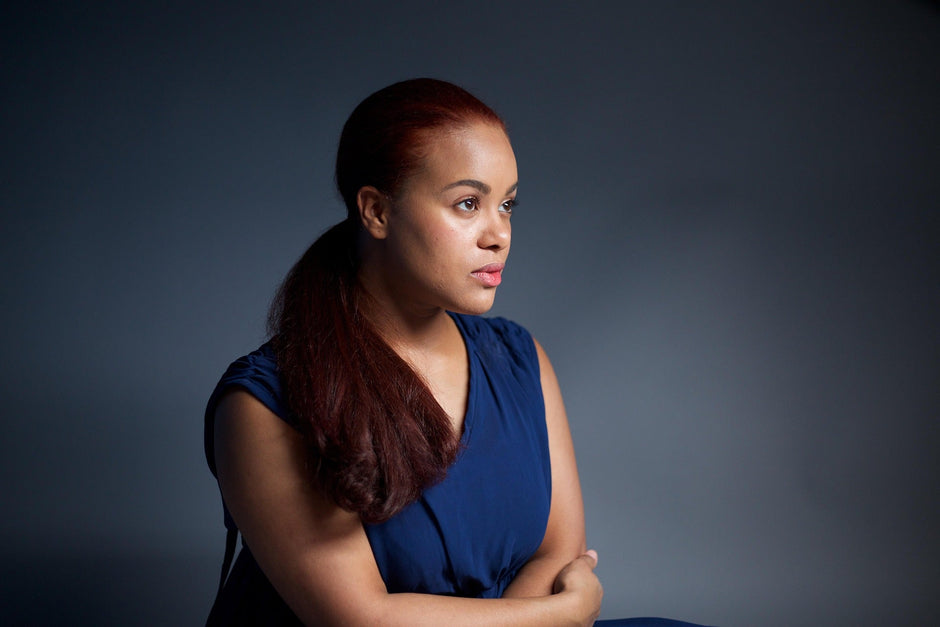Folic acid, also known as vitamin B9, is essential for various bodily functions, including DNA synthesis and cell growth. It plays a vital role in maintaining overall health, and its deficiency can lead to several health issues. Among these concerns, many people wonder whether low folic acid levels can contribute to hair loss. This article delves into this topic, exploring the relationship between folic acid and hair health, as well as the potential consequences of deficiency.
Table of content
Can low folic acid cause hair loss?
Yes, low folic acid levels can cause hair loss. Folic acid is crucial for the growth and repair of cells, including hair follicles. A deficiency in this vitamin can lead to impaired cell division and growth, which may result in thinning hair or increased hair shedding. Furthermore, low folic acid levels can affect the production of red blood cells, leading to anemia. Anemia can further exacerbate hair loss, as it deprives hair follicles of essential nutrients and oxygen. Therefore, ensuring adequate folic acid intake is vital for maintaining healthy hair.
Folic acid plays several critical roles in the body that are directly linked to hair health. First, it is involved in the synthesis of amino acids, which are the building blocks of proteins, including keratin, the primary protein in hair. Without sufficient folic acid, the body may struggle to produce keratin effectively, leading to weaker hair strands and breakage.
Moreover, folic acid contributes to the overall health of the scalp. A healthy scalp is vital for hair growth, as it provides a suitable environment for hair follicles. Insufficient folic acid can lead to scalp issues, such as dryness and irritation, which can hinder hair growth and increase the likelihood of hair fall.
Besides its direct effects on hair follicles and scalp health, folic acid also plays a role in regulating hormonal balance. Hormones significantly impact hair growth cycles, and imbalances can lead to hair loss. For example, low levels of folic acid have been associated with increased levels of homocysteine, an amino acid that can interfere with blood flow and nutrient delivery to hair follicles. This can further contribute to hair loss, making it essential to maintain optimal folic acid levels.
To prevent hair loss related to low folic acid levels, it is crucial to include folate-rich foods in your diet. Some excellent sources of folic acid include leafy green vegetables (such as spinach and kale), legumes (like lentils and chickpeas), citrus fruits, nuts, and fortified cereals. In some cases, individuals may consider taking folic acid supplements, especially if they are at risk of deficiency due to certain health conditions, pregnancy, or dietary restrictions.
It is also important to note that while low folic acid can contribute to hair loss, it is not the sole factor. Other deficiencies, such as iron, zinc, and vitamins D and B12, can also lead to hair loss. Therefore, a well-balanced diet that includes a variety of vitamins and minerals is essential for overall hair health.
If you suspect that your hair loss is linked to low folic acid levels, it is advisable to consult with a healthcare professional. They can assess your nutritional status and recommend appropriate dietary changes or supplements to help restore healthy levels of folic acid in your body.
In conclusion, low folic acid can indeed cause hair loss by affecting the growth and repair of hair follicles, contributing to scalp health, and influencing hormonal balance. Ensuring adequate folic acid intake through diet and, if necessary, supplements can help maintain healthy hair and prevent hair loss associated with deficiency. Remember to consult with a healthcare professional for personalized advice and to address any underlying health concerns contributing to hair loss.
Tired of Thinning Hair? Try a Clinically Tested Serum.
Looking for a natural way to regrow hair and achieve a thicker, fuller head of hair? Ditch the stinging nettle for hair loss – Bio-Pilixin Serum is a drug-free hair activation serum that delivers clinically tested results.
Here's why Bio-Pilixin is superior:
- Clinically Tested Results: 93% of users saw a reduction in hair loss, and 73% experienced increased hair density.
- Safe and Natural: Unlike harsh chemicals, Bio-Pilixin uses plant growth factors derived from stem cell technology to nourish hair follicles and stimulate growth.
- Fast-Acting: See visible results in as little as 45 days (most typically see results within 150 days).
Stop wasting time on unproven remedies. Bio-Pilixin is the safe & effective serum you've been searching for.
Read more:
- The 11 Best Dermatologists Recommended Shampoos To Buy In the UK (2025)
- 13 Best Shampoos For Volume To Buy in the UK (2025)
- The 7 Best Shampoo For Older Women To Buy in 2025
As your leading source for hair health information over the past 4 years, we never compromise on accuracy. When it comes to your health, you deserve information you can truly rely on - and earning your trust is our top priority.
Here's how Scandinavian Biolabs ensures every piece of content meets the highest standards of accuracy and integrity:
- Credentialed Experts: Our reviewers are actively practicing doctors and medical researchers
- Stringent Reviews: Content undergoes rigorous editing by subject specialists and review by a practicing doctor.
- Evidence-Based: We rely on well-established research from trusted scientific sources like peer-reviewed journals and health authorities.
- Full Transparency: Our editorial standards, writer credentials, reviewer credentials, correction process, and funding are all publicly documented.
- Independent Voice: While we do promote products, we operate in a vacuum to business operations. Our main goal is just an unwavering commitment to providing medically-sound guidance.
You can count on Scandinavian Biolabs to consistently deliver the trustworthy health information you deserve. Read our Editorial Standards.






